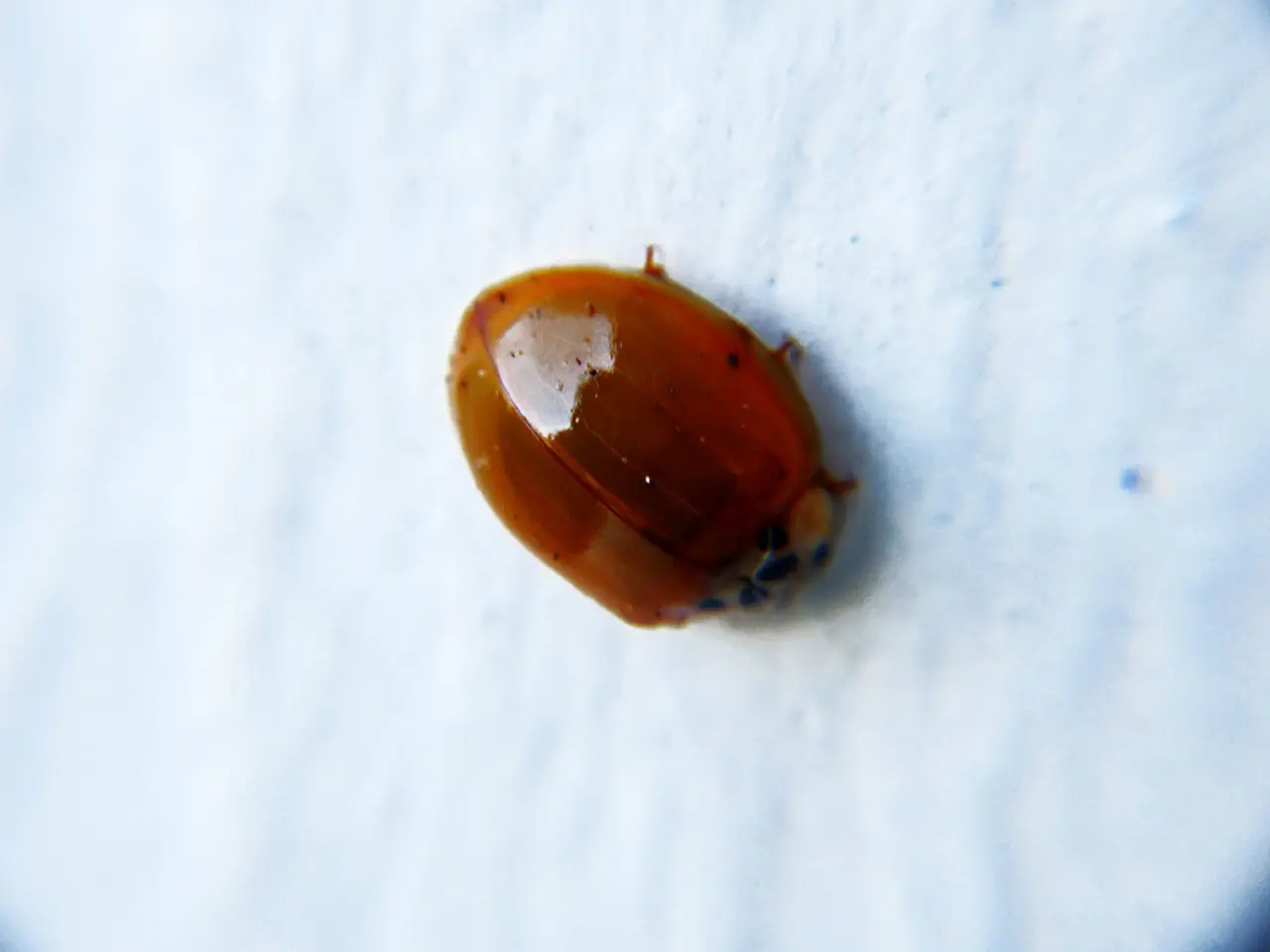Understanding Lichen Sclerosus: An Examination of This Skin Condition
Lichen Sclerosus is a chronic autoimmune condition that primarily affects the genital and anal areas, although it can occur on other parts of the body. While the exact cause remains unclear, it is believed to involve an autoimmune response. This article provides an overview of the symptoms, home remedies, and medical treatments for managing Lichen Sclerosus.
Symptoms
Common symptoms of Lichen Sclerosus include white patches on the skin, itching, pain during intercourse, skin fragility and tearing, changes in skin texture, scarring, painful urination, and urinary incontinence. If you experience any of these symptoms, it is essential to consult a healthcare professional for a proper diagnosis.
Home Remedies
Home remedies can help manage symptoms of Lichen Sclerosus by soothing the skin, maintaining moisture, and avoiding irritation. Gentle cleansing using warm water and a mild, fragrance-free vulva wash can remove sweat and irritants without further aggravating the skin. Regular use of emollients, such as high-quality, fragrance-free vaginal moisturizers, can help alleviate dryness and protect delicate skin. Wearing loose-fitting, breathable fabrics reduces friction and moisture buildup, helping to prevent flare-ups and discomfort.
Some use gentle natural oils like olive or avocado oil externally for soothing and moisturization, avoiding heavy chemicals. It is important to stay away from fragranced soaps, perfumed products, or harsh chemicals to reduce skin irritation that can worsen symptoms. Managing stress through relaxation techniques may also be beneficial, as stress may exacerbate symptoms.
Regular Sexual Stimulation and Hygiene
Regular sexual stimulation or masturbation may improve blood flow and help keep vaginal tissue healthy, reducing dryness. Maintaining proper hygiene is crucial for managing Lichen Sclerosus. Taking warm baths with oatmeal or Epsom salts can provide relief from itching and discomfort.
Medical Treatment
Lichen Sclerosus is a chronic condition requiring medical oversight, often involving topical corticosteroids prescribed by a healthcare provider to control inflammation and prevent complications. Treatment options include topical treatments (high-potency corticosteroids, calcineurin inhibitors) and oral medications in severe cases. Phototherapy, involving exposing the affected skin to ultraviolet light under medical supervision, is another treatment option.
Living with Lichen Sclerosus
Living with Lichen Sclerosus can be challenging, both physically and emotionally. Seeking emotional support through professional help and support groups can provide coping strategies and emotional support. Regular check-ups with your healthcare provider are essential for managing the condition.
Risk Factors and Prevalence
Lichen Sclerosus is relatively rare but can affect individuals of any age, with a higher prevalence in postmenopausal women. Risk factors include age and gender, family history, other autoimmune disorders, skin conditions, and chronic skin irritation. Early diagnosis and treatment can help manage symptoms effectively.
Can Lichen Sclerosus lead to cancer?
While Lichen Sclerosus itself is not cancerous, it can increase the risk of developing certain types of skin cancer, particularly in the genital area. Regular monitoring and follow-up with a healthcare provider are essential.
Incorporating anti-inflammatory foods, fruits, vegetables, and omega-3 fatty acids can support skin health. It is important to be vigilant for any changes in symptoms, as Lichen Sclerosus can increase the risk of skin cancer in the affected areas.
Understanding Lichen Sclerosus, its symptoms, and treatment options can help individuals feel more in control. By managing symptoms through home remedies, maintaining a healthy lifestyle, and working closely with healthcare providers, it is possible to live a fulfilling life with Lichen Sclerosus.
- Maintaining good health and wellness is essential for women, and this includes awareness and management of various medical conditions, such as skin conditions like Lichen Sclerosus, which can affect the health of women.
- Proper management of a chronic condition like Lichen Sclerosus, including home remedies, medical treatments, and regular medical check-ups, can help reduce complications related to medical-conditions, such as skin cancer, and improve quality of life.




